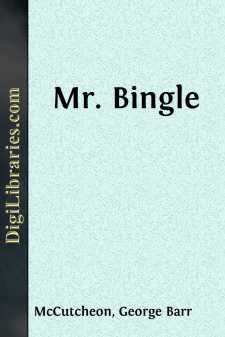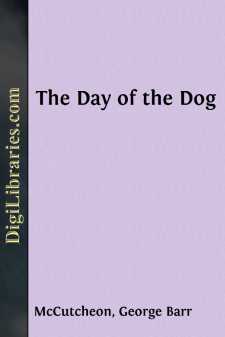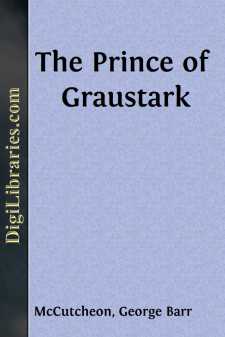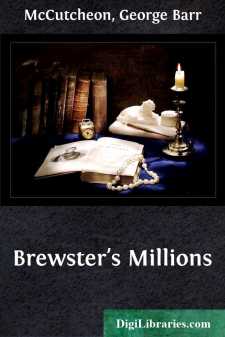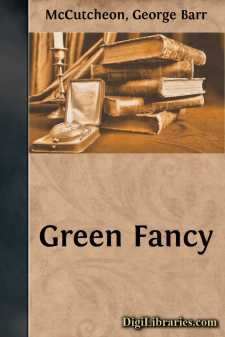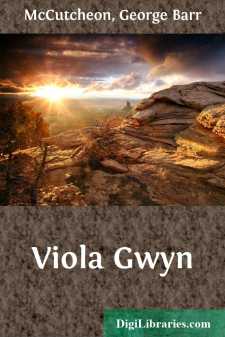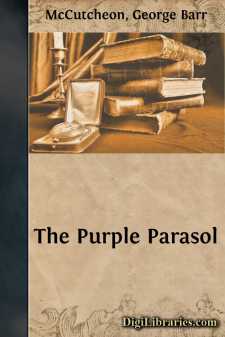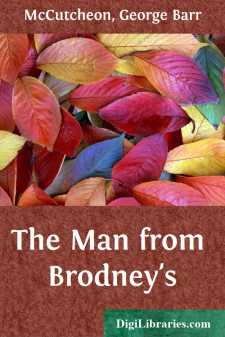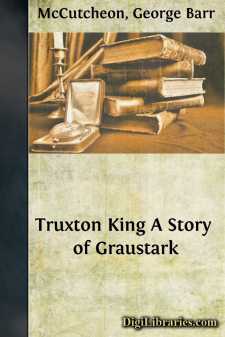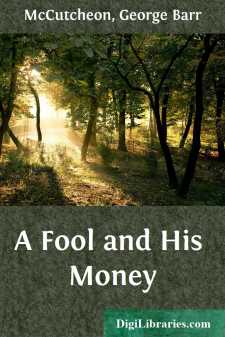Categories
- Antiques & Collectibles 13
- Architecture 36
- Art 48
- Bibles 22
- Biography & Autobiography 815
- Body, Mind & Spirit 144
- Business & Economics 28
- Children's Books 18
- Children's Fiction 14
- Computers 4
- Cooking 94
- Crafts & Hobbies 4
- Drama 346
- Education 58
- Family & Relationships 59
- Fiction 11834
- Games 19
- Gardening 17
- Health & Fitness 34
- History 1378
- House & Home 1
- Humor 147
- Juvenile Fiction 1873
- Juvenile Nonfiction 202
- Language Arts & Disciplines 89
- Law 16
- Literary Collections 686
- Literary Criticism 179
- Mathematics 13
- Medical 41
- Music 40
- Nature 179
- Non-Classifiable 1768
- Performing Arts 7
- Periodicals 1453
- Philosophy 65
- Photography 2
- Poetry 896
- Political Science 203
- Psychology 44
- Reference 154
- Religion 515
- Science 126
- Self-Help 85
- Social Science 83
- Sports & Recreation 34
- Study Aids 3
- Technology & Engineering 59
- Transportation 23
- Travel 463
- True Crime 29
Our website is made possible by displaying online advertisements to our visitors.
Please consider supporting us by disabling your ad blocker.
Mr. Bingle
Description:
Excerpt
CHAPTER I
THE FIVE LITTLE SYKESES
A coal fire crackled cheerily in the little open grate that supplied warmth to the steam-heated living-room in the modest apartment of Mr. Thomas S. Bingle, lower New York, somewhere to the west of Fifth Avenue and not far removed from Washington Square—in the wrong direction, however, if one must be precise in the matter of emphasizing the social independence of the Bingle family—and be it here recorded that without the genial aid of that grate of coals the living-room would have been a cheerless place indeed. Mr. Bingle had spent most of the evening in trying to coax heat from the lower regions into the pipes of the seventh heaven wherein he dwelt, and without the slightest sign of success. The frigid coils in the corner of the room remained obdurate. If they indicated the slightest symptom of warmth during the evening, it was due entirely to the expansive generosity of the humble grate and not because they were moved by inward remorse. They were able, however, to supply the odour of far- off steam, as of an abandoned laundry; and sometimes they chortled meanly, revealing signs of an energy that in anything but a steam pipe might have been mistaken for a promise to do better.
Mr. Bingle poked the fire and looked at his watch. Then he crossed to the window, drew the curtains and shade aside and tried to peer through the frosty panes into the street, seven stories below. A holly wreath hung suspended in the window, completely obscured from view on one side by hoar frost, on the other by a lemon-coloured window shade that had to be handled with patience out of respect for a lapsed spring at the top. He scraped a peep-hole in the frosty surface, and, after drying his fingers on his smoking jacket, looked downward with eyes a-squint.
"Do sit down, Tom," said his wife from her chair by the fireplace. "A watched pot never boils. You can't see them from the window, in any event."
"I can see the car when it stops at the corner, my dear," said Mr. Bingle, enlarging the peep-hole with a vigour that appeared to be aggravated by advice. "Melissa said seven o'clock and it is four minutes after now."
"You forget that Melissa didn't start until after she had cleared away the dinner things. She—"
"I know, I know," he interrupted, still peering. "But that was an hour ago, Mary. I think a car is stopping at the corner now. No! It didn't stop, so there must have been some one waiting to get on instead of off."
"Do come and sit down. You are as fidgety as a child."
"Dear me," said Mr. Bingle, turning away from the window with a shiver, "how I pity the poor unfortunates who haven't a warm fire to sit beside tonight. It is going to be the coldest night in twenty years, according to the—there! Did you hear that?" He stepped to the window once more. The double ring of a street-car bell had reached his ears, and he knew that a car had stopped at the corner below. "According to the weather report this afternoon," he concluded, re- crossing the room to sit down beside the fire, very erect and expectant, a smile on his pinched, eager face....


